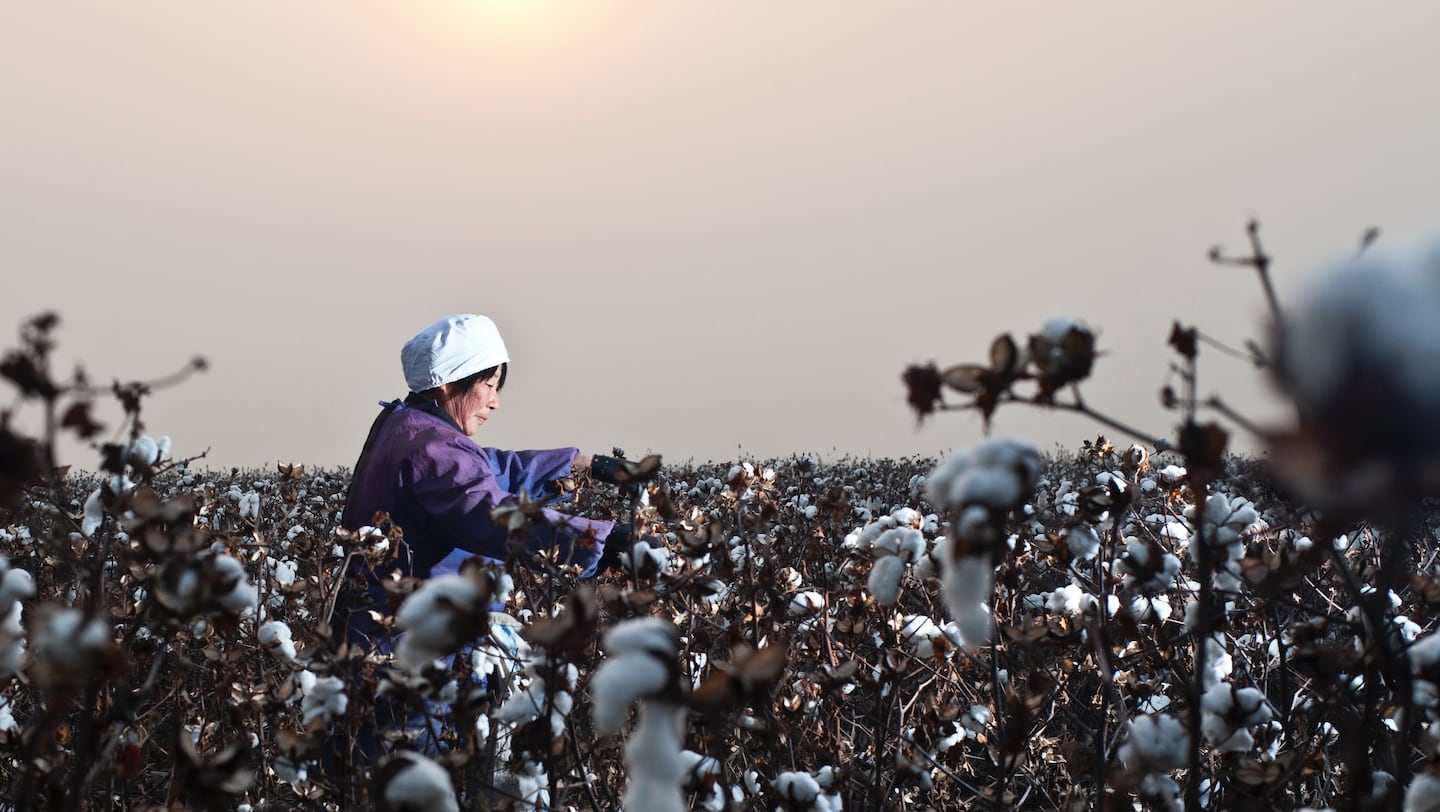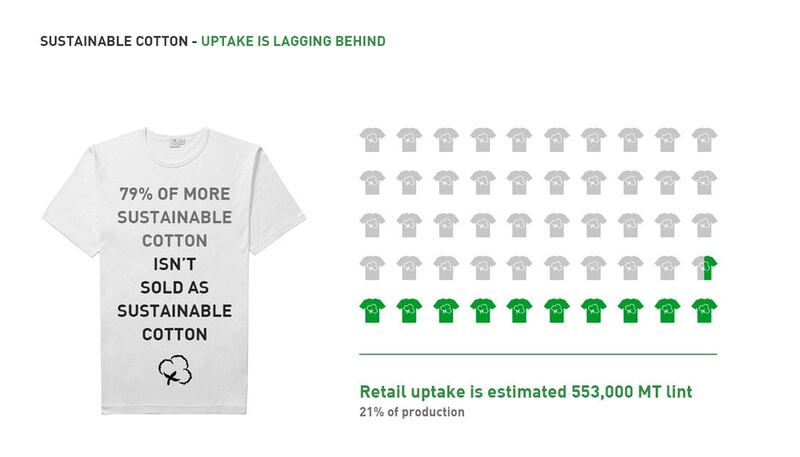
The Business of Fashion
Agenda-setting intelligence, analysis and advice for the global fashion community.

Agenda-setting intelligence, analysis and advice for the global fashion community.

UTRECHT, The Netherlands — Several fast fashion and mass retail companies — including Marks & Spencer, H&M, Nike Inc., Adidas AG and Levi & Strauss Co. — lead the 2017 Sustainable Cotton Ranking. The report was released by the World Wildlife Fund (WWF), together with sustainability-focused development agency Solidaridad and Pesticide Action Network UK (PAN UK), in a bid to highlight the need for more sustainable practices in the cotton production sector.
“High street companies are obviously the first to get attacked by NGOs, so their involvement started from a reputation management perspective,” Isabelle Roger, global programme manager for Solidaridad, tells BoF. “But they fully realise by now that [sustainability in the cotton trade] is also about the future of supply. It’s very important for them that there is still cotton being grown in 30 years to secure their future business.”
The 75 companies companies included in the 2017 report, up from 37 companies last year, were ranked on policy creation and implementation as well as the traceability of their cotton supply. Cotton fields cover over 30 million hectares of the world’s agricultural land and the material represents a third of all fibre used in the textile industry. But the sector is plagued with issues — from excessive pesticide, fertiliser and water usage, to unfair labour conditions and a volatile trade market.

Infographic from the report | Source: Courtesy
ADVERTISEMENT
"The biggest change we've seen in the sector is the number of companies making public, time-bound commitments to sourcing sustainable cotton." says Roger. All of the top ranking fashion brands have set targets to double the use of sustainable cotton by 2020 or earlier, while Asos and Gap have made public cotton sustainability pledges this year.
Kering is the only luxury group to be included in the list, following the launch of its sustainability strategy earlier this year. The French conglomerate has pledged to reduce greenhouse gas emissions by 50 percent by 2025, paying particular attention to traceability, animal and social welfare and chemical use.
“Symbolically, it would be very important for [luxury groups] to do more. Kering's commitment is extremely important.” But the impetus is mostly on high street brands: fast fashion companies use the textile in much higher quantities than their luxury counterparts. “For most of the companies that are on top [of the rankings], cotton represents beyond 50 percent of the fibre they use,” she says. “I am not making excuses for the luxury brands, but they use more silk, cashmere and leather... cotton might be less important for them.”
And there is still work to be done. According to the report, 44 of the companies surveyed — including Giorgio Armani and Max Mara — are yet to earn any points for sustainable cotton practices. "Fashion companies need to step up and make sure they are ensuring more sustainable cotton is used in their products," Richard Holland, WWF's director of strategy and operations, tells BoF.
“We see the companies that we should be talking to,” adds Roger, “But we can’t force them to talk to us. Ultimately they need to decide whether it’s sufficiently important for them to do something about it. Those companies are on our to-do list.”
Related Articles
[ Can an Awards Show Solve Fashion's Sustainability Challenge?Opens in new window ]
[ Kering Goes Public with Sustainability Report, Revealing Progress and Pain PointsOpens in new window ]
Europe’s Parliament has signed off rules that will make brands more accountable for what happens in their supply chains, ban products made with forced labour and set new environmental standards for the design and disposal of products.
Fashion’s biggest sustainable cotton certifier said it found no evidence of non-compliance at farms covered by its standard, but acknowledged weaknesses in its monitoring approach.
As they move to protect their intellectual property, big brands are coming into conflict with a growing class of up-and-coming designers working with refashioned designer gear.
The industry needs to ditch its reliance on fossil-fuel-based materials like polyester in order to meet climate targets, according to a new report from Textile Exchange.